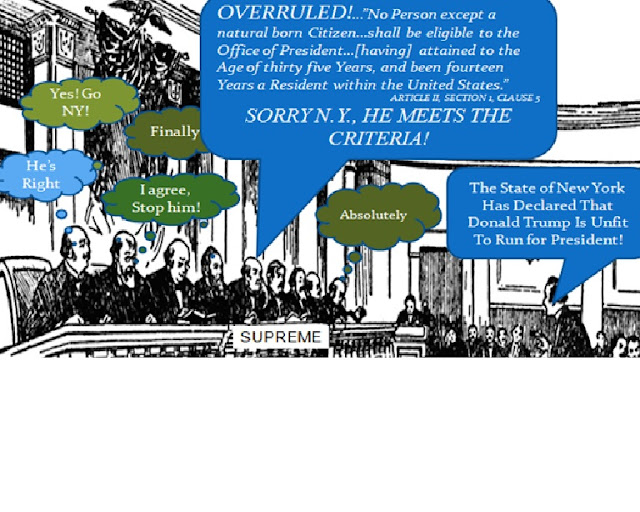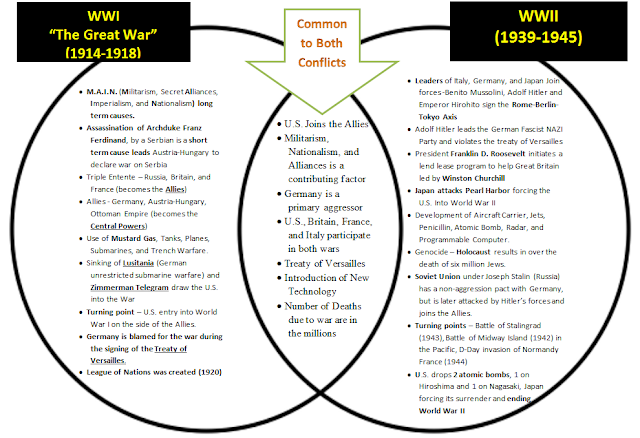JUDICIAL REVIEW
JUDICIAL REVIEW: ULTIMATE CHECK or BALANCED POWER?
Hey P2G, Just before we took our OSR, we were involved in evaluating the Purpose of Judicial Review. This is an important topic as we have recently seen in the news that the Judicial branch is presently having difficulty due to the recent death of Justice Antonin Scalia. Our objectives included:
- To Explain the Purpose of Judicial Review and...
- To Discuss the Landmark Supreme Court Case Marbury v. Madison (1803)
What is this political cartoon implying about the Supreme Court?
What Did Marbury Do?
Marbury
appealed directly to the United States Supreme Court, the highest court in the
land to gain his appointment. Based on the Judiciary Act of 1789, he wanted the
Supreme Court to issue a writ of mandamus, to force Secretary of State James
Madison to give him his job. The Attorney General, Levi Lincoln Sr. suggested
that the Supreme Court should not even be hearing the case, and therefore
should not issue the writ of mandamus in Marbury’s favor since:
“The judicial power (lower courts) shall [first] extend
(hear) …all cases, in law and equity, arising under this Constitution…to
controversies to which the United States shall be a party. The Supreme Court
shall have appellate (secondary) jurisdiction [only after the lower courts have
ruled]”
Source: Article III Section II of the Constitution
Based on all the evidence
provided decide whether or not you concur with the Attorney Generals reasoning,
that Marbury shouldn’t win the case. Be
sure to provide/cite specific evidence.
What was the courts ruling in Marbury v. Madison?
In a unanimous decision, written by Justice Marshall, the Court stated
that Marbury, had a right to his commission. But it
also ruled that the Court had no
jurisdiction (or power) in the case and could not force Jefferson and Madison
to seat Marbury. The Judiciary Act of 1789 gave the Supreme Court
jurisdiction, but the US Constitution did not. The Court’s first responsibility is to
uphold the Constitution. When there is a conflict, the Constitution prevails. This decision also established that the Courts have the power of Judicial Review.
The Supreme Court has often been accused of misusing its power of Judicial Review by being too radical in its interpretation of the Constitution, such as in the Plessy v. Ferguson Case (1896) declaring segregation of races as lawful or in not doing enough to protect American rights. Such as was the case in Clapper v. Amnesty International (2012), allowing the government to conduct spying on Americans without a warrant.
Writing Prompt: Critique the Supreme courts responsibility to the people concerning how Judicial Review is
used on our behalf.





Comments
Post a Comment